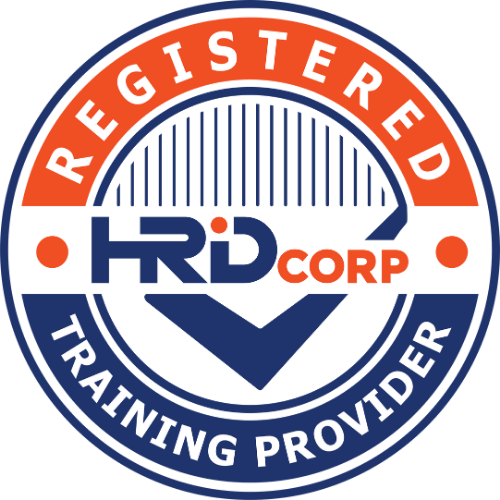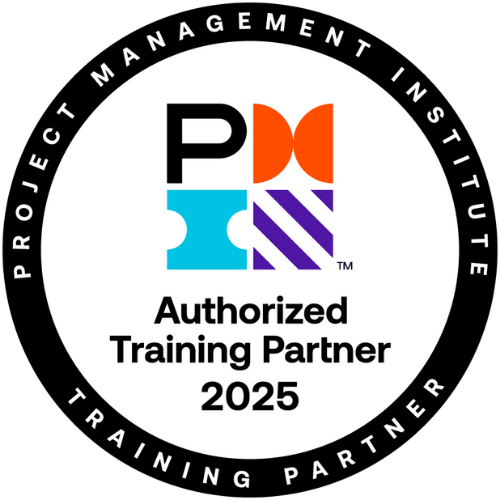
Managing projects can be challenging for any organisation. It calls for a variety of special abilities and characteristics, including, among others, integrity, leadership, communication, teamwork, and delegation. If you pursue a career in project management, you will probably play a key role in all important new initiatives at your company.
If project management is your field of choice, your first step is to be up to date with the best practices of project management around the world. Best practices are covered in the Project Management Professional (PMP) certification and training courses. At the end of this course, most professionals walk away with all the preparation and confidence needed to conquer the exam and earn the PMP® certification on their first attempt. Besides passing the PMP exam, we have compiled a few more benefits and reasons that may peek your interest in being a Project Manager.
Reason No. 1: Simple Career Path
The path to a career is not always obvious in every job. Unfavourable, some could lead nowhere. Others will have waves and likely lateral movements; these are acceptable if they match your personality. On the other hand, project management career paths typically follow a straight line.
A potential route might start with an internship in college, then a position as a project coordinator. From there, a project manager, lead/senior project manager, and assistant project manager are frequently promoted. You start leading larger teams at this point and continually advance to the director or vice president position. Due to their background in operations, project managers frequently make excellent COO candidates.
Hence, the Project Management Professional (PMP) certification will help the employer in the hiring process at the initial stage.
Reason No. 2: Numerous Career Options
Several industries only employ certain job types. For instance, there aren't many doctors employed by technology companies. The same can be said for the number of (or absence of) construction workers who work in the emergency room. But when it comes to project management, you can essentially choose your field—for example, building, architecture, software, software development, healthcare, legal, financial, energy, and so forth.

Reason No. 3: Individuality
When comparing the creation of a new product to the installation of a new software system, each new product development is a distinct endeavour that takes only one step. For the execution of any strategic initiative, a different set of initiatives are needed this year than they were three, five, or ten years ago. Although project managers often learn lessons from past projects, they continually lead and guide a new and unique initiative every time.
Reason No. 4: Increase Your Knowledge
Although a project management position assumes a depth of understanding of team coordination, there is still much to learn to produce the best outcomes. Seminars, books, and other skill-based learning initiatives can all be used to learn new things. You can also pick up knowledge from your coworkers and other professionals in your field.
Reason No. 5: Pay Closer Attention to Details
Most jobs require a keen eye for detail as a prerequisite. It's necessary for project management positions. The smaller details significantly influence the final product. A career in project management helps you notice these details and ultimately predict how each of them might influence the project. With this information, you can quickly develop strategies and fresh polish concepts for teamwork.
Reason No. 6: Making a Difference
Project management is a fulfilling career choice because it involves working with diverse team members and being challenged by problems that must be solved. You will feel appreciated in your position as a project manager if you keep your projects' timelines and budgets in check and collaborate with colleagues to ensure everything runs smoothly. Project managers assist businesses in increasing productivity and reducing costs to boost overall performance. Even though you will be overwhelmed with duties, you might positively influence those around you. You can easily stay motivated in the position because you constantly need to come up with fresh ideas and try out new methods to meet the needs of your stakeholders.

Working in project management will significantly improve your professional life if you're looking to pursue a career that allows you to feel fulfilled. You should feel stimulated and challenged in a position that will let you change industries and benefit those around you with the unique skills you learn.
If you are interested in learning more, join us for our next face-to-face sessions on the 6th until the 8th, and from the 14th until the 15th of January 2023. Our next online sessions will be from the 14th until the 16th, and from the 22nd until the 23rd of October 2022. Those who are interested, please click on the link below to have a look at our Project Management Professional (PMP) Certification, https://bit.ly/3fjreCf.
At the end of the course, you will learn about the best practices in Project Management which are divided into 3 domains, which are People, Process, and Business Environment. The course also covers the traditional and agile methodology of managing projects.
By: Sharma Management International






